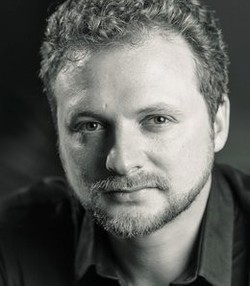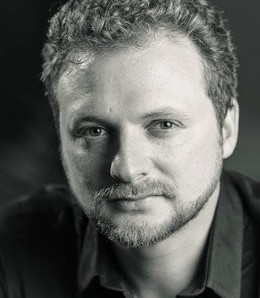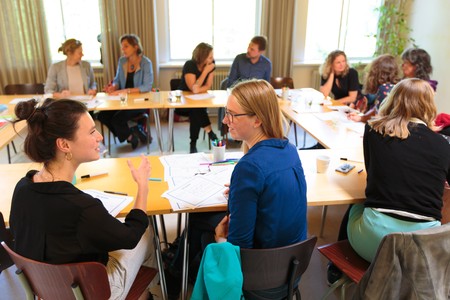Dynamic systems are complex and in a constant state of flux. Understanding them, let alone trying to predict behaviors and outcomes, is a challenging but vital skill if one is to accurately observe reality and assess, plan, and design for sustainability. Exceptional systems thinkers are talented at observing the complexity of systems. It takes a special kind of person to excel and progress in this field but they are found in all walks of life. Often, they are also highly skilled at passing that knowledge on to others.
This article is the second installment in a two-part series that introduces some of the world’s best systems thinkers. It outlines why we believe they are so amazing, and how they continue to inspire us in our work as system analysts and to build upon our SiD omnibus book.
(If you missed out on last weeks first installment, follow this link to read part one)
By Tom Bosschaert and Mark Ratcliff
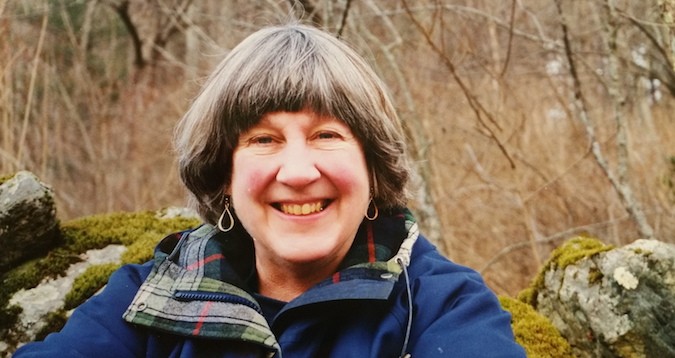
Donella Meadows (1941-2001)
Environmental science and education
Even those who have only ever brushed past the vast world of sustainability know of Donella Meadows. Rising to fame as the lead author of The Limits to Growth, a seminal and foundational book from 1972, she helped to highlight the (apparent) fact that exponential population increase that doesn’t reduce consumption levels will eventually lead to a sudden and uncontrollable decline in resources.
Her style falls under classical systems thinking, developed with complexity thinking and some of the more recent insights into the behaviors of systems. A true legend, her ability to make systems thinking accessible and easily digestible for beginners was one of Meadows’s most significant achievements - and a direct inspiration for developing the SiD omnibus book.
Meadows defined systems as being “a set of things-people, cells, molecules, or whatever-interconnected so that they produce their pattern of behavior over time.” She was particularly interested in the growth and collapse of living systems.
Any system that grows, she said, is limited by naturally occurring rules. We refer to these as stocks and flows that change over time depending on influences, otherwise known as feedback loops.
A reinforcing feedback loop is found whenever a stock can reproduce itself. Negative feedback, or “vicious cycles,” are self-depleting, and balancing feedback loops seek stability and resist change. The conditions that cause these feedback loops are always changing and must be constantly reviewed.
All systems have common denominators which can be isolated and understood. The actions that result in good or bad outcomes have a knowable structure and are not as random as they seem. When designing solutions, she said, do not confuse your efforts with results and keep in mind that long-term stability should always be valued over short-term relief.
Meadow’s philosophy in a nutshell:
- All systems are intertwined and limited by natural laws
- Negative and positive feedback loops govern their operations
- The overriding goal of almost every system is to ensure its continuation
- Visions must focus on systemic outcomes rather than the implementation path
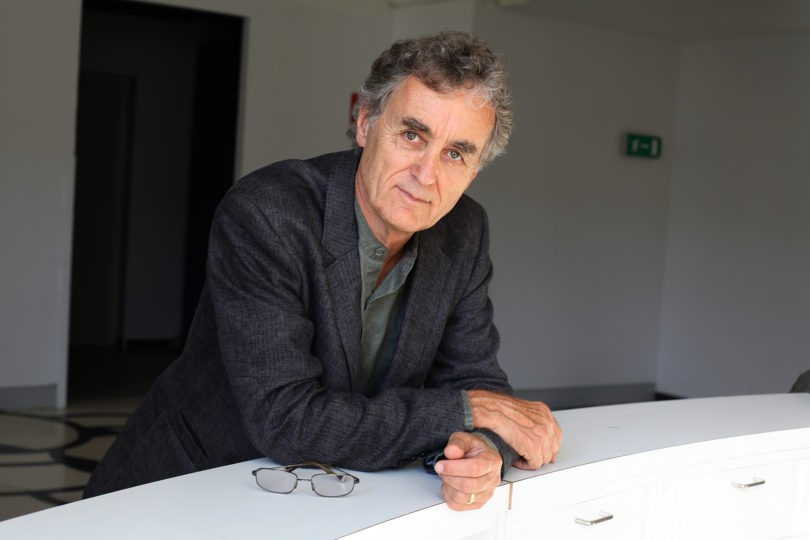
Fritjof Capra (born 1939)
Physics, Taoism and Deep Ecology
Coined a “philosopher of science,” Fritjof Capra is one of the earliest and most prominent systems theorists. With a doctorate in theoretical physics and years of systems theory research, he released his seminal work in 1975 entitled: The Tao of Physics.
Unlike other theorists at the time, he approached analysis from an Eastern (Buddhist) understanding of profound observation and the natural law of impermanence.
Capra is also a deep ecologist, adhering to the movement popularized by Norwegian philosopher Arne Naess. Deep Ecology has a holistic ecocentric worldview and embraces ecological ideas and environmental ethics. Followers see the world as a system and believe that any part’s survival depends on the well-being of the entire system.
Deep Ecologists see sacredness everywhere and respect both living and nonliving things equally. They decry human supremacy and institutional interference as the main culprit in preventing nature’s ability to sustain itself.
Fritjof Capra has produced several books on system thinking and analysis over the years. In 1995, he became a founding director of the Center for Ecoliteracy in Berkeley, California, intending to promote and pass knowledge and a respect for ecology and systems thinking to the next generation.
Capra's view on dynamic living systems:
- Life organizes into networks - behavior is determined within the system itself
- Life is inherently regenerative - a living system can regenerate itself
- Life is intrinsically creative - as seen in spontaneity and the emergence of novelty
- Life is naturally intelligent - all plants, animals, and bacteria have intuition,
cognition, and knowledge
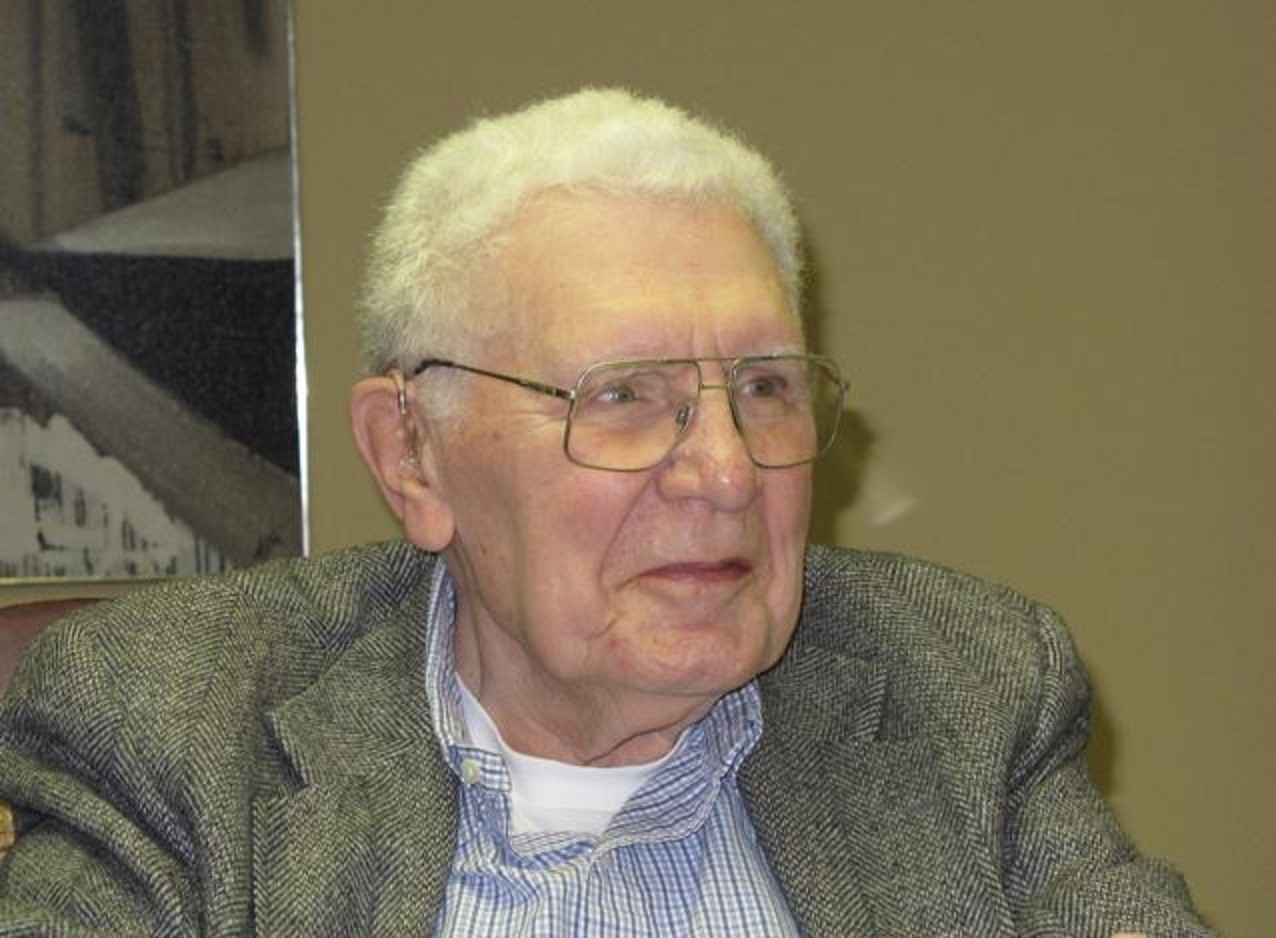
Russell L. Ackoff (1919-2009)
Management science and systems theory
With a degree in architecture and a doctorate in philosophy, Russell Ackoff would become a legend in organizational and management science and a prime example of the diverse background found in system thinkers.
With a degree in architecture and a doctorate in philosophy, Russell Ackoff became a legend in organizational and management science. He’s a prime example of the diversity of professions and background found in system thinkers.
Like many other systems thinkers, Ackoff had a penchant for quality. He related it to the proper functioning of a system - if expectations in quality are not met, it means the system has failed.
On the other hand, efficiency is often overvalued, and striving for it can sacrifice quality. Inefficiency doesn’t mean a system has failed per se, but a lack of quality does.
Ackoff famously co-authored Purposeful Systems. Released in 1972, it looked at how social, cultural, and psychological systems are inherently linked to an individual's desires and aims. As people "intentionally and collectively formulate objectives," they assess their ideal outcomes and conceptualize a subjective "quality."
Ackoff's insights inspired and helped guide and provide resources for some of the more powerful insights shared in the chapters about complexity and system dynamics in our SiD omnibus book.
Ackoff's core understanding on how systems operate:
- The properties of the whole are not found in any of its parts
- When a system is taken apart, it loses its essential properties
- A system is not a sum of parts; instead, a product of its interactions
- Subsystems incorporate the same features as larger encompassing systems
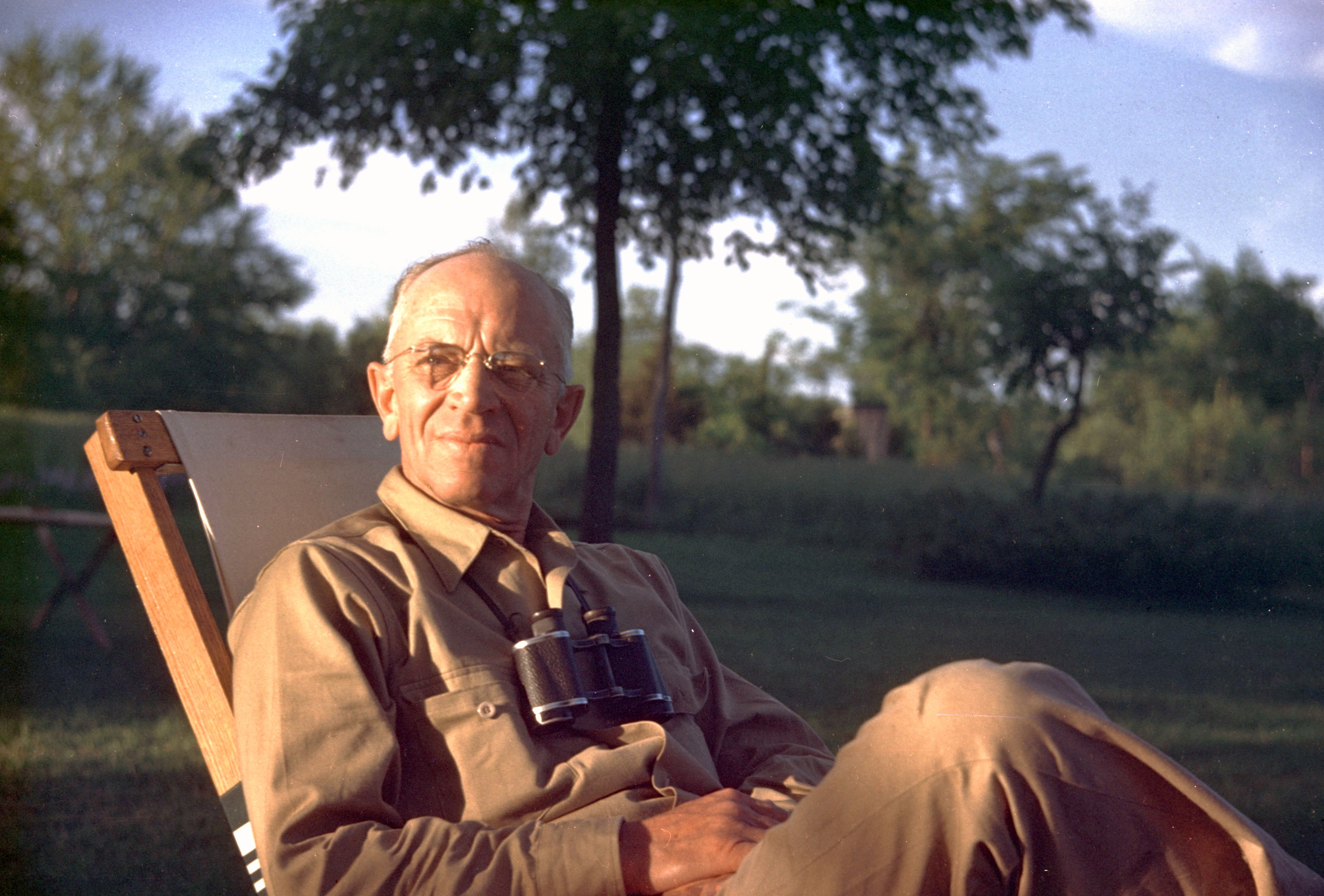
Aldo Leopold (1887-1948)
Environmental ethics and conservation
Leopold is most well-known for spearheading the establishment of the Gila Wilderness in 1924 — the world’s first nationally recognized wilderness area. Such an official area recognizes an environment humans have not significantly modified and used to preserve and promote nature in its undisturbed form. It continues to support biodiversity, research, and recreation.
Working for the US forestry department and as an avid hunter and conservationist, he often dwelled on this juxtaposition. Eventually, through his writing, this culminated into the "Land Ethic" - a philosophy on how humans should view and interact with the natural world.
This concept, along with others, was unveiled in "A Sand County Almanac," a collection of essays assessing a more ecocentric and systemic perspective of the world instead of the standard human-centered view.
Through observations and interactions, Leopold determined that land is not merely soil; the planet is like a "fountain of energy," flowing through everything on Earth. People are simply a part of this system and therefore are responsible for protecting and preserving rather than conquering it.
Morality, he would outline, functions to help us consider and shape how we cooperate with the ecosystem's interests and act as "good members" of a community. As humans are active members of the biotic community, we need to consider the morals of our actions toward the land and if they are responsible.
Although this type of thinking and the need to consider the relationship between people and the land remains in some areas, he brought it back into mainstream American culture and allowed it to take hold.
Leopold's ecologically-driven perspective on nature's systems:
- Humans are embedded within and an inseparable part of natural systems
- Preserving regions with little human intervention is vital to help maintain equilibrium
- We must foster a culture of moral reflection to consider and reduce our negative impacts
Systems are everywhere - so are systems thinkers!
Systems are all around us - across every industry, profession, and aspect of our lives. Understanding systems is vital for sustainability. We are thankful for the hard work and dedication of these great systems thinkers and anyone else continuing to make inroads to mainstreaming this thinking.
Want to know more about systems thinking?
Click here to learn more about Except and our system's thinking training services.
Follow this link to learn about Symbiosis in Development (SiD), Except's integrated open-source systems thinking framework.
Jan. 6, 2023

